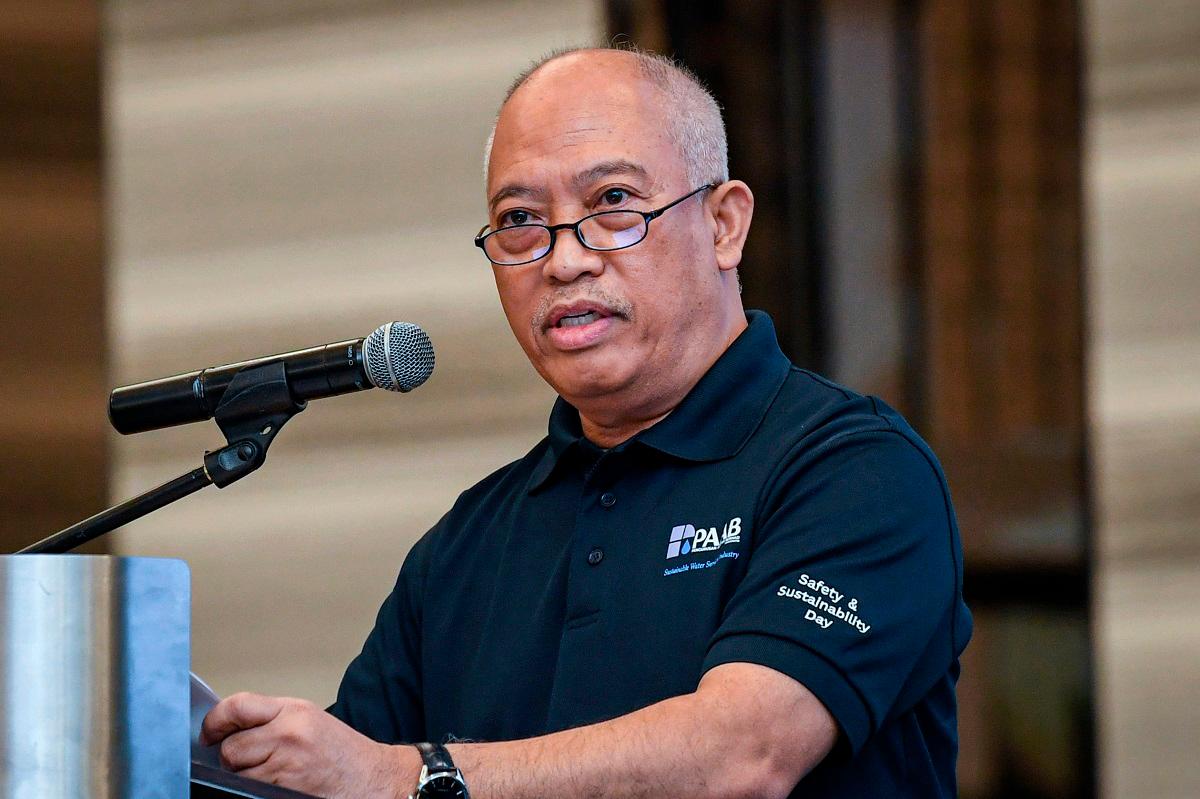KUALA LUMPUR: Pengurusan Aset Air Berhad (PAAB) is actively implementing nationwide upgrades to water infrastructure with an allocation of nearly RM2.4 billion to ensure the long-term sustainability and security of the country’s water supply.
PAAB chief executive officer Ir. Zulkiflee Omar stressed that contractors and consultants must strictly comply with safety guidelines to prevent accidents and ensure that large-scale projects are completed on schedule without delays.
He said PAAB has adopted a zero-accident culture to provide a safe, healthy and secure working environment by minimising risks and preventing workplace and on-site injuries.
He added that the safety, health and welfare of workers, contractors and consultants remain a top priority, particularly in the execution of new water infrastructure projects and pipeline replacement works.
“PAAB has implemented a comprehensive set of standard operating procedures, including an Emergency Response Plan and hazard identification measures, in line with guidelines from the Department of Occupational Safety and Health.
“This includes developing and reviewing safe work systems, evaluating programme effectiveness, analysing incident patterns and ensuring compliance with the Occupational Safety and Health Act (Amendment) 2022,” he said during the 2025 Safety and Sustainability Day event today.
He noted that two major projects are currently underway: the replacement of ageing pipelines to reduce the national Non-Revenue Water (NRW) rate, and the construction of new water treatment plants.
“NRW also includes treated water that is lost. That’s why these upgrade works, especially the replacement of old pipes, are crucial to prevent wastage of treated water,” he explained.
Zulkiflee said PAAB aims to reduce the NRW rate to 28 percent by 2030, down from the current 34.3 percent, to enhance the long-term sustainability of the national water supply.
He added that these infrastructure upgrades are also expected to raise the treated water reserve margin to 54 percent, with project completion scheduled in phases from this year through 2027, with several large-scale projects currently in the planning stage.
“We have many projects still in the pipeline, at the design stage and yet to be tendered. One example is Langat 2 Phase 2, a large-scale project estimated to cost nearly RM4 billion.
“We are also working with the Federal government to replace approximately 1,600 kilometres of ageing pipes nationwide, in line with efforts to bring down the national NRW rate to 28 percent by 2030, said Zulkiflee.
He also highlighted that most ongoing projects have been aligned with climate-resilience principles to ensure long-term infrastructure sustainability.
“For example, water treatment plants are costly to operate, with electricity making up about 40 percent of total costs.
“That’s why we are now ensuring that most new plants are equipped with more energy-efficient motors and equipment, upgrading from International Efficiency 1 to 4, which offers significantly better performance,” he said.









